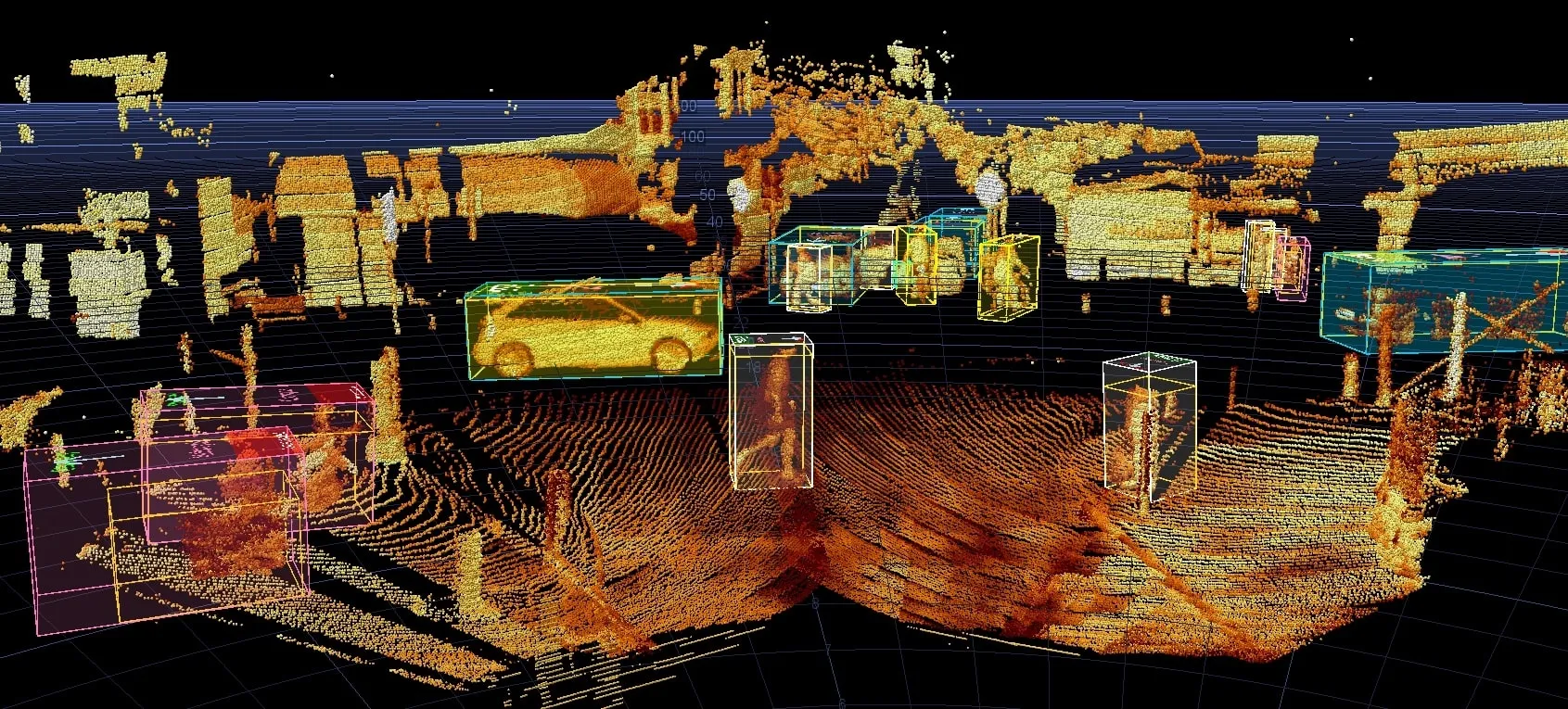Partnership delivers self-driving AI solution with connection to the Baidu cloud for all car makers. Baidu and NVIDIA are to partner in an agreement that will use artificial intelligence (AI) in the creation of a cloud-to-car autonomous car platform for local Chinese and global car makers.
September 5, 2016
Read time: 1 min
Partnership delivers self-driving AI solution with connection to the Baidu cloud for all car makers.
Baidu and NVIDIA are to partner in an agreement that will use artificial intelligence (AI) in the creation of a cloud-to-car autonomous car platform for local Chinese and global car makers.
The partnership combines Baidu’s cloud platform and mapping technology with NVIDIA’s self-driving computing platform to develop solutions for HD maps, Level 3 autonomous vehicle control and automated parking.
The two companies, which have a long history of working together on AI, plan to bring together their technical capabilities and expertise in AI and to build the self-driving car architecture.










